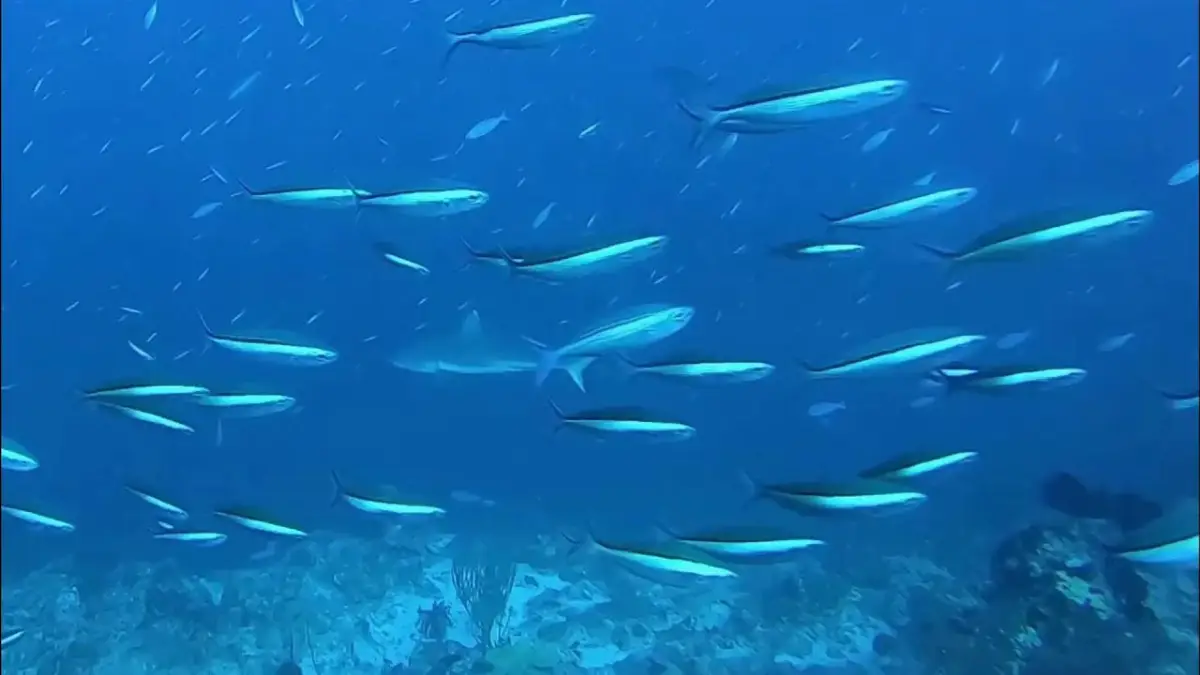
Efsa: parasites found in some fish species
Further investigations also necessary for aquaculture species /Annex

Many of the most commonly farmed and consumed fish in the EU/EFTA show no evidence of parasites that can infect humans. However, parasites were found in some farmed species and more data is needed to determine how prevalent certain parasites are in farmed fish.
These are the key findings of an EFSA scientific opinion published today, which also evaluates new methods for detecting and killing parasites in fish.
Available scientific data from the EU/EFTA area, although limited, indicates that many species of farmed fish intended for the market are free from zoonotic parasite infection. These include Atlantic salmon, rainbow trout, gilthead seabream, turbot, meagre, Atlantic halibut, carp, and European catfish.
However, parasites like Anisakis and others were found in European seabass, Atlantic bluefin tuna, cod, and/or tench produced in open offshore cages or flow-through ponds.
Fish produced in closed recirculating aquaculture systems with filtered water intake and heat-treated feed are almost certainly free of zoonotic parasites.
EFSA’s experts concluded that more data is needed to estimate the prevalence of specific parasites in selected fish species, farming systems, and production areas within the EU/EFTA region. This would provide a comprehensive picture of the various combinations of main farmed fish species and relevant parasites.
Experts assessed new methods for detecting zoonotic parasites in fishery products. These include UV-scanning, optical, molecular and OMICs methodologies.
They also assessed methods for the inactivation of these parasites. Freezing and heating remain the most efficient ways to kill them. Ongoing research is also exploring the effectiveness of various processing techniques, such as high-pressure processing, pulsed electric field, air drying, dry-salting, double salting, and use of natural products.
EFSA's experts will determine by the year's end whether any wild fish species from specific fishing areas pose a risk to public health due to the presence of zoonotic parasites.
Attached to this EFA News , the full text of the EFSA scientific opinion.
EFA News - European Food Agency